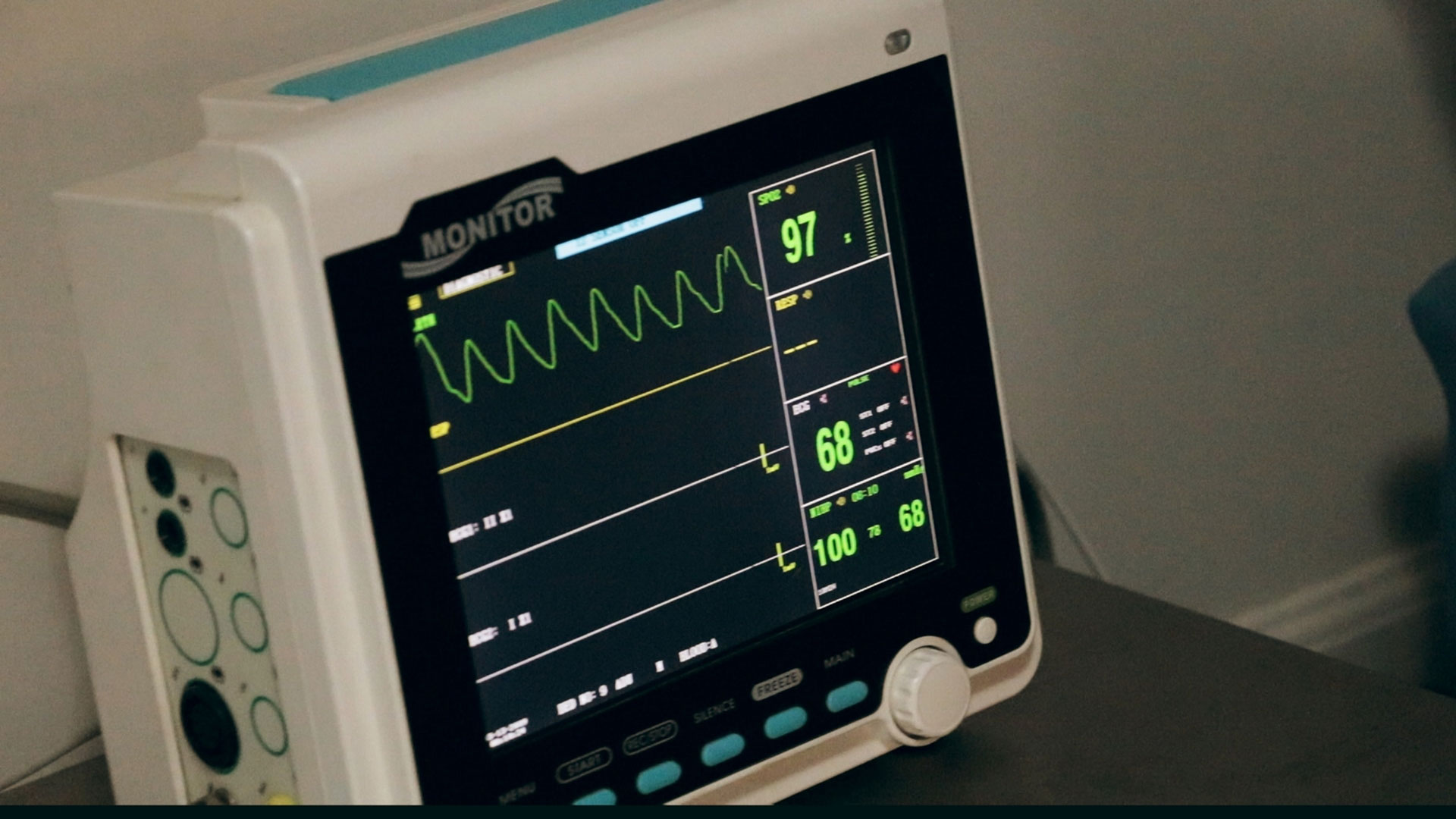
As of this writing in September 2019, there have been a total of 26 medical device recalls this year. These have impacted approximately 50 million people in this country. These recalls have ranged from minor issues to major ones that could potentially be life threatening. Here is some information on the nine most consequential medical device recalls of 2019 thus far.
Medtronic Dual Chamber Implantable Pulse Generators
The IPGs were the subject of a Class I recall which is the most serious type of FDA recall. The devices are supposed to stimulate heartbeat in those with slow heart rhythm. The device is implanted and it is used in conjunction with electrodes. However, there was a software error that could lead to a lack of pacing. This could lead to faint heartbeat, dizziness or even death. The devices were recalled to make the software fix. In the meantime, patients were to have their device programmed to a different mode until the software update could be made.
IFEPAK15 Monitor/Defibrillator
This was also a Class I recall affecting this particular defibrillator. The product, when it works as intended, is supposed to deliver lifesaving electrical shocks to people with sudden cardiac arrest. However, the device has shown a propensity to lock up and freeze after a shock has been delivered. While the keyboard remains on and it appears that the device still has power, in actuality it cannot deliver the lifesaving shock, requiring a restart of the device which can cost critical time. The purpose of the recall was to provide a firmware update in the affected devices.
Neuro Omega System
This is a specialized system that is used during neurosurgery. It helps neurosurgeons identify brain structures during functional neurosurgery and to aid in the placement of depth electrodes for seizure monitoring. The electrode stimulation channels are supposed to remain separate, but the defect involves the channels connecting into one. This could result in an unwanted and higher than expected electrical stimulation that could cause severe damage to brain tissue. Users of the device were instructed to stop or limit their usage.
Synergy Cranial Software and Stealth Station S7 Cranial Software
This machine is used during biopsy procedures and provides detailed 3D images of a patient’s brain to help neurosurgeons safely navigate surgical tools and implants used during brain surgery. However, the machine has displayed incorrect information during biopsy procedures that could result in serious or life-threatening patient harm. The manufacturer, Medtronic, sent out an Urgent Medical Device Correction notice to customers, informing them of various mitigation measures.
Brainlab Spine & Trauma 3D Navigation 1.0
This was a Class I recall for the system that provides patient images to help surgeons safely navigate surgical tools and implants used before and during minimally invasive surgical procedures. The recall was issued because the system had the potential for incorrect information to display during surgery that may prevent the surgeon from accurately navigating surgical tools inside the patient. This could cause damage to the body and possible death. The company gave instructions for use of the software and issued updated software that corrected the problem.
Endo-Surgery Curved Intraluminal Stapler
This is a surgical stapler that is used in the in the gastrointestinal tract for creating connections between structures in surgical procedures. However, malformed staples were occurring due to insufficient firing. There was an issue with the manufacturing process that was causing this problem. There were serious injuries to two patients and other patients needed additional surgeries due to the issues with the stapler. Customers were instructed to remove the stapler from their inventory of surgical tools and return it to the manufacturer.
Edwards Life Science EV1000 Clinical Platform
This system is used to monitor a patient’s blood pressure and pulse during the surgical process. However, there was a defect that caused the risk of fluids leaking into the AC system while the system was being used. This could result in electrical short circuit, which may cause the device to stop working or lead to a fire, which could injure the patient or any health care professionals in the vicinity. Customers were advised to keep IV bags away from the device and to follow certain instructions provided by the manufacturer.
o_two e700, e600 and e500 Automatic Transport Ventilators
This is a ventilator that is used while a patient is being transported to the hospital. There was a problem with the insertion of a certain screw that had the possibility to cause an electrical short circuit. It could potentially injure the patient and health care professionals and cause the device to stop working. Customers were advised to return the product for it to be serviced.
Maquet/Datascope Intra-Aortic Balloon Pumps
These are devices meant to assist patients undergoing heart surgery or those who have cardiac problems. However, the batteries were reported to have difficulty holding a charge, causing them to stop working unexpectedly. When this happens during surgery, it is a threat to the patient’s life. There have been five patient deaths that have been attributed to this issue since 2016. While customers were not instructed to return the device, there were additional product training show customers how to use this device without issue.
For more detailed information, those who are interested can view an entire listing of recalled medical devices on the FDA’s website. If you or a loved one has been injured by one of the above devices, you may have a case. Contact the Law Offices of Sadaka Associates today for a complimentary consultation.
